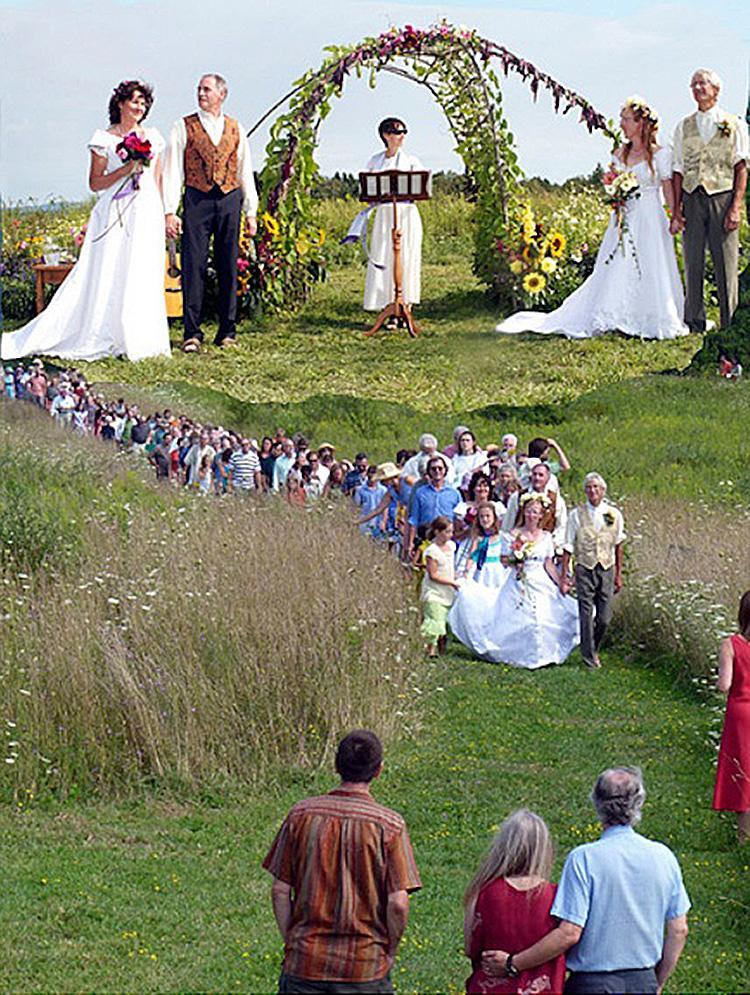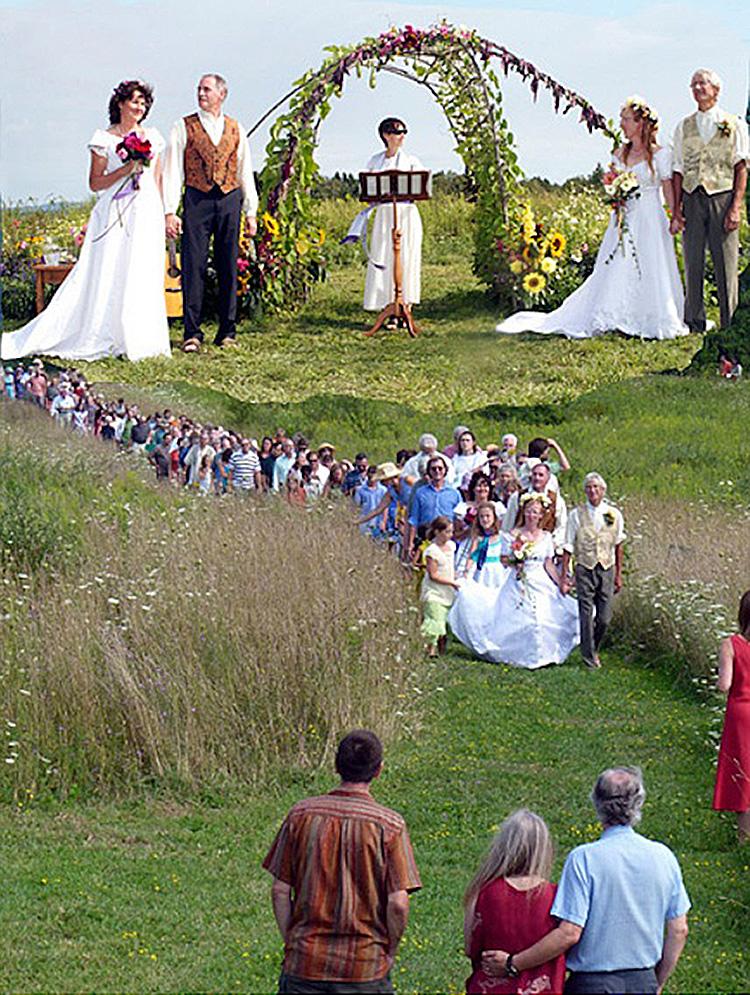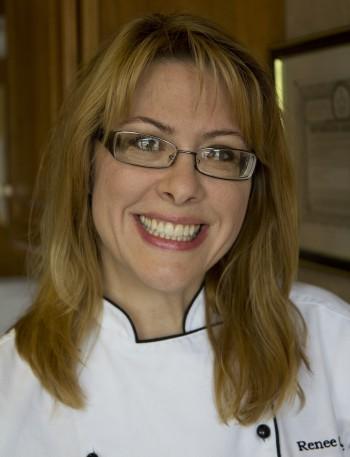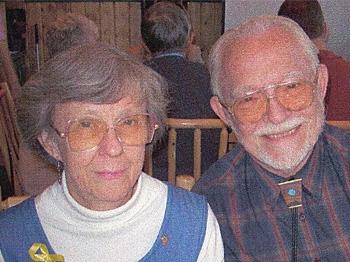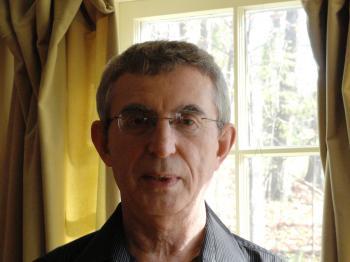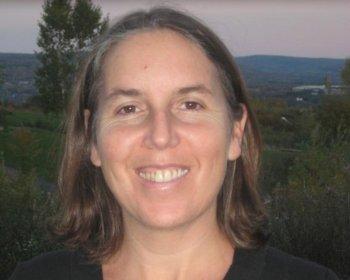A Double Wedding at EcoVillage
Jody Kessler, an ordained interfaith minister and well-known singer, officiated. Graham and Liz both wore elegant, long white dresses.
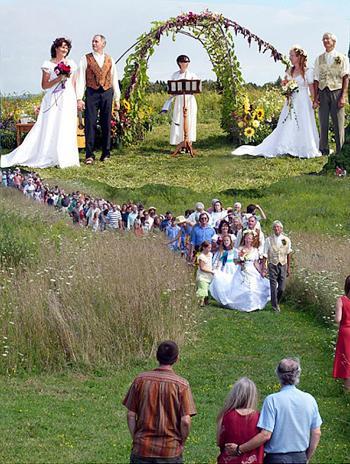
DOUBLE WEDDING AT ECOVILLAGE: Couple to the left Liz Walker and Jared Jones, center Reverend Jody Kessler, interfaith minister, to the right Graham O and Otto Ottoson. Composite Image by Jerry Feist and James Bosjolie
|Updated:
